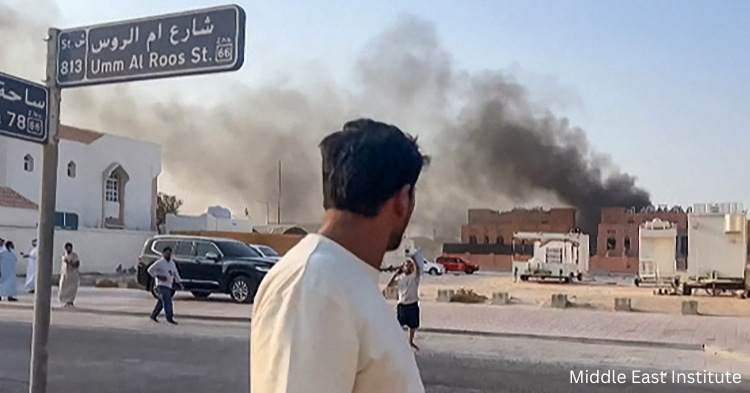The Gaza Strip, home to over two million people, has faced persistent food insecurity, with Israeli policies and military actions playing a significant role in creating famine-like conditions. Since 2007, Israel has maintained a strict blockade on Gaza, severely limiting the import of food, fuel, medicine, and other essential goods. This blockade has restricted access to basic necessities, driving up food prices and leaving thousands of families struggling to secure enough to eat. For many, reliance on humanitarian aid has become the only option for survival.
Beyond the blockade, Israeli military strikes have directly damaged Gaza’s agricultural infrastructure. Airstrikes and shelling have destroyed farmland, irrigation systems, and greenhouses, while targeting livestock and food storage facilities has disrupted local food production. These actions have made it nearly impossible for farmers to grow crops consistently, reducing the availability of locally produced food and increasing dependence on imports and aid, which are already restricted.
Water and fuel shortages further exacerbate the famine crisis. Israeli attacks on electricity plants and fuel depots have disrupted water desalination and sewage treatment systems, leading to contaminated water supplies. Contaminated water not only threatens public health but also limits irrigation for agriculture, reducing the growth of crops and further compounding food scarcity.
Gaza’s fishing industry, another critical source of food and income, has also suffered under Israeli-imposed restrictions. Fishing zones in the Mediterranean are tightly controlled, limiting how far fishermen can venture out to catch fish. This restriction has dramatically reduced seafood yields, depriving families of a vital source of protein and contributing to malnutrition in the region.
Finally, ongoing military operations and the fear of violence restrict the movement of civilians, preventing them from safely accessing markets or transport routes for food distribution. Frequent airstrikes and incursions disrupt supply chains, leaving markets empty and families without the ability to purchase essential goods. Even temporary pauses in the conflict do not guarantee stability, as damage to infrastructure often takes months or years to repair.
In summary, a combination of blockades, military strikes, restricted movement, and damaged infrastructure has created severe food insecurity in Gaza. The cumulative effect of these actions has left the population vulnerable, with many facing hunger and malnutrition. While humanitarian organizations continue to provide critical support, long-term solutions will require addressing the structural and political causes behind these conditions.
%20(4).png)



.png)
.png)


.png)
